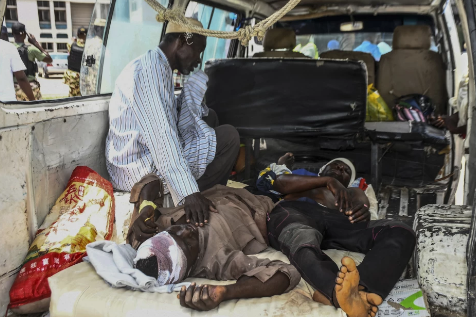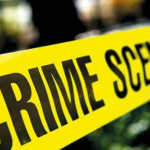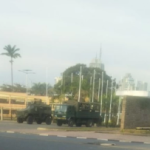The death toll from multiple suicide bombings in the northeastern Nigerian town of Gwoza over the weekend has risen to 32, announced Vice President Kashim Shettima on Monday. The attacks, which occurred on Saturday, involved female suicide bombers targeting a wedding, a hospital, and a funeral. They represent one of the worst incidents in northeast Nigeria in years, reminding of the country’s prolonged jihadist war.
Shettima, visiting a hospital in Maiduguri, the capital of Borno State, where some of the injured were receiving treatment, stated, “So far, 32 people lost their lives. Forty-two (injured) were brought from Gwoza.” Initial reports initially estimated the death toll at 18 people.
No group has claimed responsibility for the bombings, but the area around Gwoza remains active with Boko Haram jihadist activity. Since the conflict began in 2009, more than 40,000 people have been killed, and another two million displaced. Although suicide bombings in towns have become less frequent since the military pushed militants back from their strongholds in 2014, attacks and ambushes in rural areas still occur.
– ‘Wake-up call’ –
“This incident is very shocking,” Borno senator for the ruling APC party Mohammed Ali Ndume told reporters. “This is a wake up call for all of us in Borno State, that we should not be relaxed about security.”
“The story of suicide bombing had gone from Borno, but it’s unfortunate it is rearing its ugly head again.”
On Saturday, Gwoza experienced four nearly simultaneous suicide attacks, including at least three carried out by female bombers, as reported by local emergency services. Dozens more people were injured in the bombings.
Suicide attacks, often involving women, have been a consistent tactic used by militants in their campaign to establish a caliphate in northeastern Nigeria, the continent’s most populous country. According to a witness, one of the female attackers was accompanied by two children, although officials have not confirmed these details.
Boko Haram jihadists seized control of Gwoza in 2014 as part of their broader campaign in Borno State. The town was subsequently recaptured by the Nigerian army with assistance from Chadian forces in 2015. Despite this, militants continue to launch attacks from the nearby mountains along the Cameroon border.
Nigerian President Bola Ahmed Tinubu condemned the attacks in a statement issued on Sunday, characterizing the assault as a “manifestation of pressure mounted against terrorists and the success in degrading their capacity.” He described the incident as an “isolated episode.”
Upon assuming office a year ago, President Tinubu highlighted addressing insecurity as one of his government’s primary challenges. Nigeria’s armed forces are currently engaged in battles against heavily armed kidnapping gangs in the northwest and managing separatist tensions in the southeast.



